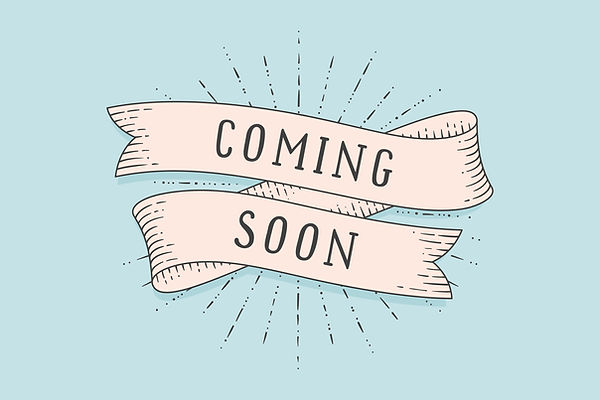

Listen to amazing women discuss the role of women and how they self-care to propel themselves in their careers and ambitions.
Hosted by the WWSC Founder, Boo Kartawick. Available on Spotify, Amazon and Apple Podcasts.
Self-Care Hubs
Facilitating self-care for women in areas of less affluence and living on low to no wage.
Facilities in hubs will vary slightly depending on country and location.
Hubs will provide:
-
A crèche whilst mothers participate in activities at the hub
-
Yoga Classes
-
Running club/ access to weight-bearing fitness activities
-
Self Defence classes
-
A centre point for women to attend/ escape to when experiencing injustice/ feel unsafe/ need to be in a woman-only space (e.g. after experience harassment/ male violence)
-
Workshops on Women’s Empowerment - tacking self-worth, relationships issues (such as understating coercive control), skill-share (members of the community leading a session from their skill set)
-
Eventually run by the community
Sexual Health Services:
-
Information and classes (run by specialists) on contraception, STIs/STDs
-
Access to menstruation products, condoms, contraception injection, the emergency contraceptive pill and facilitation of self-management of medical abortion
-
Classes/ workshops/ coffee mornings on Women’s Empowerment - why women matter, questioning traditional gender roles, talking about female anatomy with regards to menstruation and FGM
-
Self-collection of samples/testing for STIs/ STDs and Pregnancy
Specialist staff such as nurses, health experts and yoga teachers will be brought in to run workshops and classes, as will quality control staff. However, roles like cleaning or the general running of the hubs, such as the GM, will be offered to the community as employment, helping the community to grow beyond the hubs themselves.
Scope of the Problem and why these hubs will become more essential year on year
The UNHCR estimated that ‘the global forcibly-displaced population [has] exceeded 65 million for the first time in history. This included over 21 million refugees, 40 million internally displaced persons, and more than 3 million asylum seekers. Of those needing humanitarian assistance, approximately 1 in 4 are women and girls of reproductive age.’ By 2030, there will be an ‘estimated shortage of 18 million health workers: an expected reduction in international funding for health, and 1 in 5 of the world’s population affected by humanitarian crises’ [WHO]. The health impact at individual, community and societal levels of self-care can be significant, especially with regards to women:
-
Self-injectable contraception to reduce unintended pregnancy annually among the 74 million women and girls living in low and middle-income countries
-
Self-sampling for HPV (human papilloma virus which causes cervical cancer) to improve screening can increase the number of new cases detected annually and reduce mortality from cervical cancer.
-
Self-testing for HIV can ensure early access to care and treatment if needed and reduce the mortality rate of 770 000 people who died last year from AIDS-related illness.
-
Self-collection of samples for sexually transmitted infections (such as chlamydia and/or gonorrhoea) can improve testing and linkages to treatment if needed.
-
Self-management of medical abortion to reduce the number of women who die every day from unsafe abortion.
‘Dr Peter Salama, WHO Executive Director for UHC and Life Course emphasized that self-care can contribute to the Organization’s goal of achieving the triple billion targets, as laid out in WHO’s General Programme of Work. He added that self-care is not meant to be disarticulated from health systems but should serve as complementary interventions that allow linkages to health care.’ Link here
In the UK, self-care will become necessary with an increasingly ageing population and an already strained health service. Covid-19 has highlighted that when a society is unstable - be that from natural disasters, religious and political upheaval or indeed a global pandemic - globally, women are worst affected.
There is an urgent need for self-care, and our hubs will help facilitate controlled and safe self-care for those most in need.
